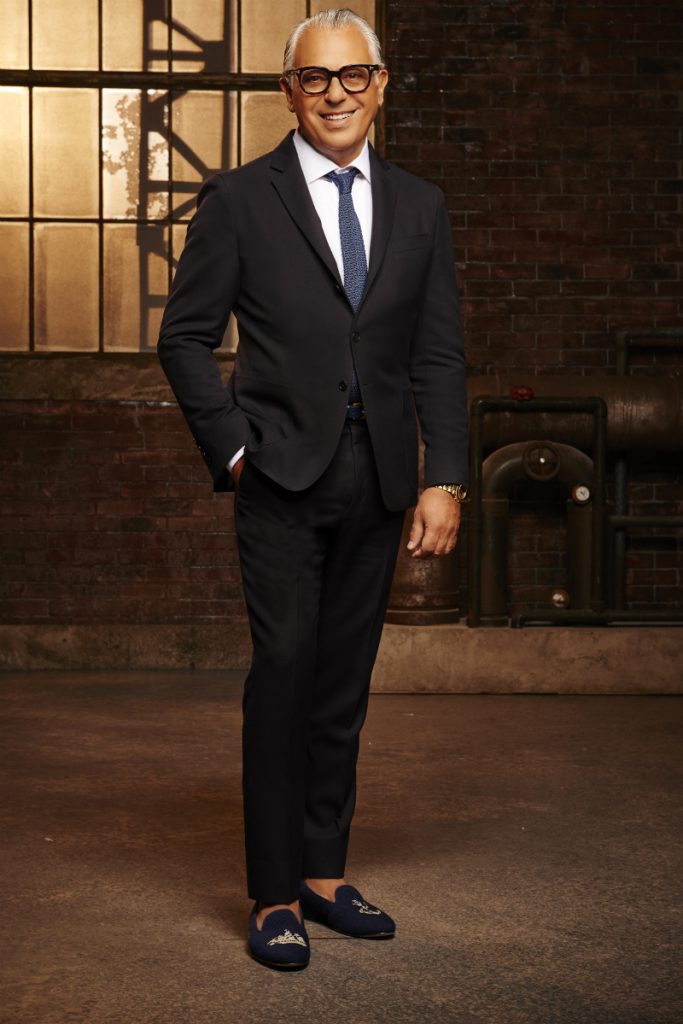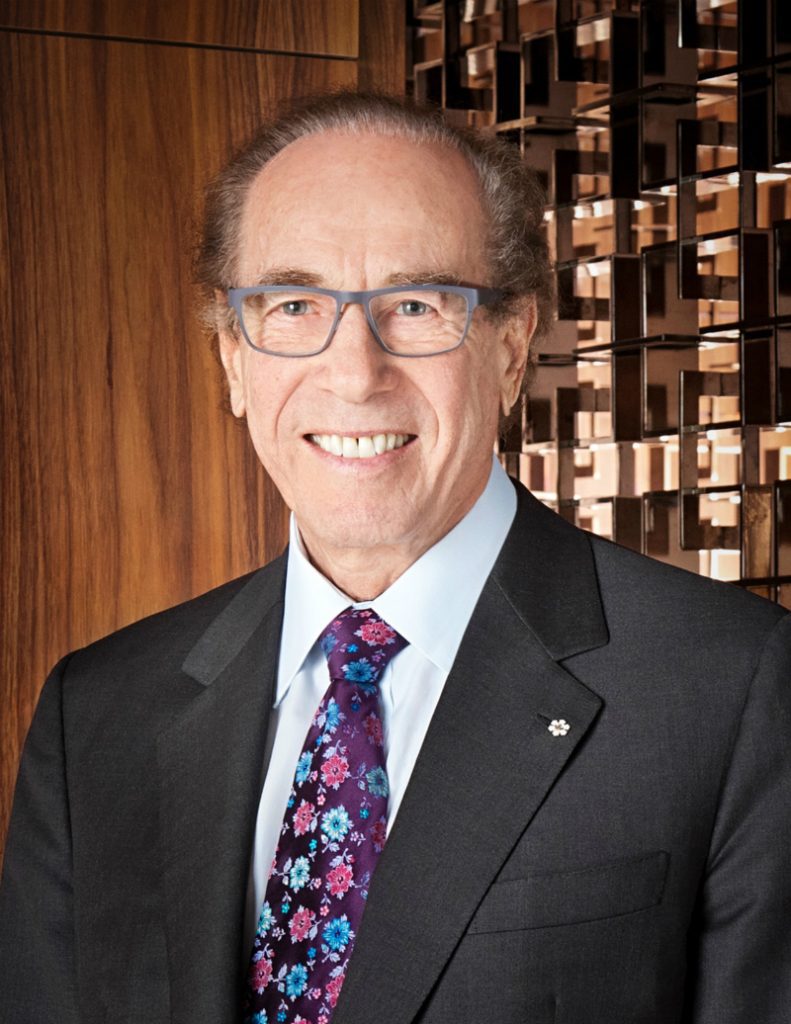Don’t be satisfied being merely a “good” leader. Strive to be a “great” leader. There are, it would seem, many ways to go about doing that.
Written by Dave Gordon
CEOs, executives and industry giants have their own unique spin on what it means to be a “great” leader (or a “great” manager). They’ve used their own strategies and pathways to discover what it means to excel in leadership:
Joe Mimran – judge on Dragons’ Den, founder of brands Joe Fresh and Club Monaco
I think a great one, is one that can inspire people to be great. A good one is one that manages well. That’s the big difference. You can see them out in marketplace. Great ones are inspirational, and push people to do things they couldn’t think they could do. Good managers just manage well.
Colin Sprake – entrepreneur, founder of Make Your Mark Training and Consulting
Realize that you are always being watched as a leader in a company. Exceptional leaders create exceptional leaders. They don’t create exceptional followers.
Michele Romanow – entrepreneur, co-founder of Buytopia, TV’s Dragons’ Den judge
I think great leaders are able to constantly paint the amazing vision of what is not there, but what could be, and conceal their own fears. Because, the reality is when you lead, you have no idea what is next.
The best leaders just have such a strong sense of, ‘I can see this, I can build this, I can sell this to you, and I can actually hide the fact that I have no idea what’s going to happen.’ It’s not an un-genuine hiding. It’s that you need someone to say, ‘If this is going to happen, I believe in it.’ Good leaders make good plans. They can rally good teams. Really great leaders just continue to see the future, and not share their fears as they bring the team along. Which is why it is so lonely as a leader.
Issie Sharp – Founder and former CEO of Four Seasons Resorts and Hotels
From employees’ point of view, this manager or leader might have been anointed, rather than worked their way up. They don’t know anything about them. The leader – or manager – now has to earn others’ respect and trust, from the people they are now in charge of. That only happens over a period of time.
When you’ve reached that level, when people believe in you, and trust you, you now have influence. Rather than them doing what you want because you’re the boss, they’ll do what they’re asked because of the trust they have in you. Then, you can get people to go way beyond what’s expected. Leaders unite, direct and motivate. They get people to work together, and accomplish more than they could have individually.

















